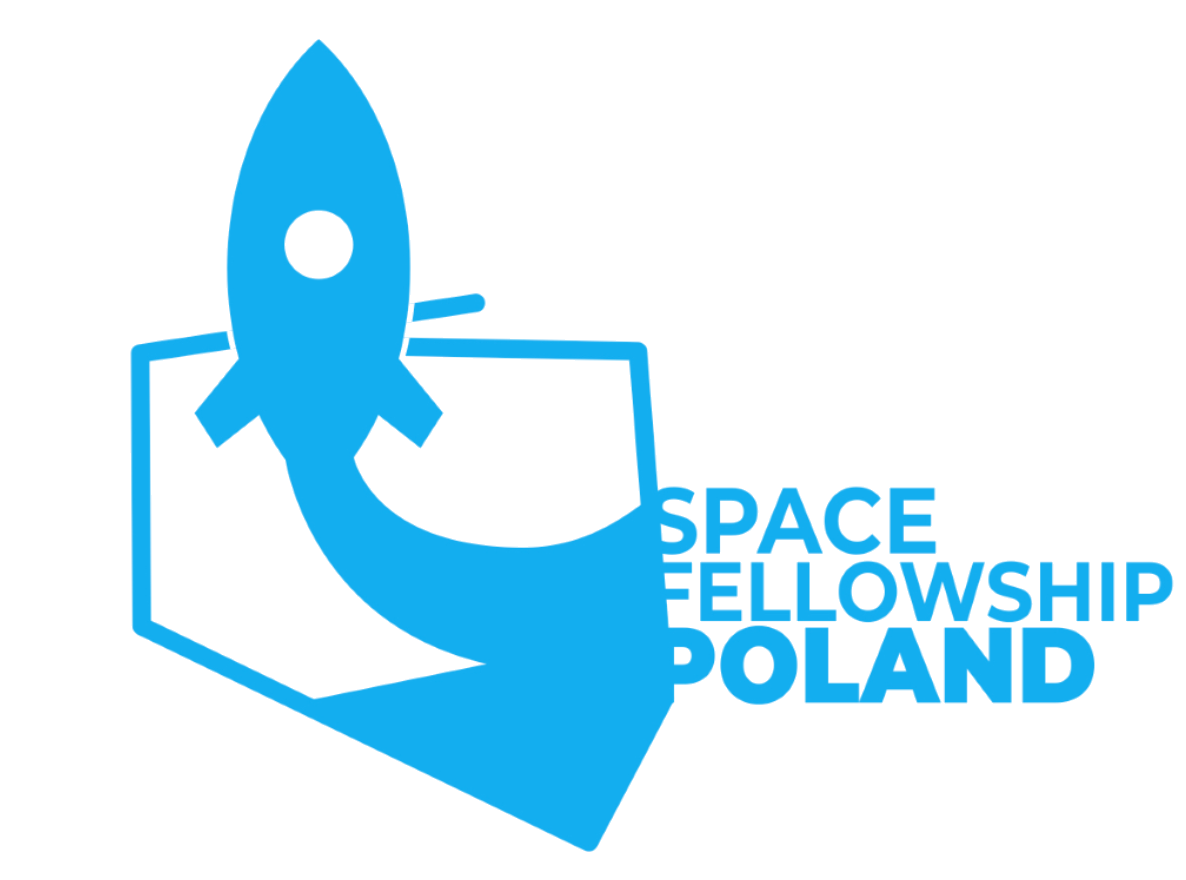

ESA BIC POLAND
ESA BIC (European Space Agency Business Incubation Centers) is a network of business incubation centres coordinated and co-financed by the European Space Agency, offering assistance in creating a business plan, setting up a company and obtaining additional funding from both public and private sources.
REGIONAL CONSORTIA IN WARSAW AND RZESZOW
ESA BIC will also exist in Poland. Its objective will be support start-ups using space technologies and the development of the Polish space technology sector. ARP S.A., as a consortium leader, plans to inaugurate ESA BIC POLAND in 2022.
Under ESA BIC POLAND two regional consortia will be established: in Warsaw and Rzeszow. The leaders of the individual components of the project are the following entities:
- Industrial Development Agency JSC (ARP S.A.) as the ESA BIC POLAND leader,
- Technological Entrepreneurship Foundation - leader of the Regional Consortium in Warsaw,
- Podkarpackie Voivodeship - leader of Regional Consortium in Rzeszów.

THE PURPOSE OF ESA BIC POLAND IS TO SUPPORT THE ESTABLISHMENT OF COMPANIES
The basis of the incubation process in each of these cities is to provide financial, technical, business support, promotion and access to training and potential investors. A start-up incubated under ESA BIC POLAND will acquire:
- EUR 50 thousand of investment,
- 50 hours of business support,
- 80 hours of technical support,
- 10 hours of legal support,
- access to offices and technical infrastructure for the duration of the incubation,
- access to the European network of ESA BIC incubation centres,
- promotion of the project on the international arena.
The objective of ESA BIC POLAND will be to support the creation of companies and commercialization of the resulting technologies. The incubation centre will provide start-ups with personalized assistance in setting up the company and developing a professional business plan. Furthermore, the Incubation Centre together with ESA BIC POLAND will provide advisory services towards raising additional funds from public and private sources.



PREMISES AND TECHNICAL SUPPORT
In addition to on-site support, incubated companies can request technical assistance from ESA. To ensure quick access to technical support, ESA has introduced an e-mail box where requests and queries can be sent for direct support from ESA.
The goal of ESA BIC POLAND is to start 45 incubation processes within the first 5 years of start-up.
ARP Space Academy
ARP Space Academy is a training dedicated to engineers who want to start working in the space sector, as well as technical staff with experience in other industries and who want to retrain for the space industry.
The trainings provide theoretical and practical basis in various fields of engineering science, with emphasis on the specificity of space engineering. As part of the Space Academy, ARP S.A. organises a two-part training course Introduction to Space for Engineers.

SATELLITE DESIGN PHASES 0/A/B (FIRST PART OF THE TRAINING)

SATELLITE DESIGN PHASES C/D (SECOND PART OF THE TRAINING)
Second part of the training Satellite design phases C/D, organised in cooperation with the Military University of Technology, is dedicated to engineers who have little or medium experience in space sector.
The course has a practical character and covers in detail the process of design, manufacture, assembly and testing of satellite subsystems (phases C/D). The training is based on two phases: C (detailed design) and D (manufacturing, assembly and testing). The training programme has been arranged so that the trainee is introduced to the issues gradually and methodically, therefore the knowledge and experience in space and satellite area, although helpful, are not required from course participants.
The course is conducted in Polish, while the training materials are prepared in English. The duration of the whole course is 82 hours, the majority of classes is conducted by experts from the Space Research Centre (60 hours), while the remaining classes are conducted by representatives of industry (10 hours), Military University of Technology (8 hours) and Polish Academy of Sciences (4 hours).
Classes are held in weekend mode every fortnight. All classes except study visits are conducted in the Institute of Optoelectronics of the Military University of Technology (IOE WAT), while On-site Visits, related to practical aspects, respectively in the Space Research Centre of the Polish Academy of Sciences, Military University of Technology, Creotech Instruments S.A., VIGO System and the Institute of Plasma Physics and Laser Microsynthesis.

POLISH SPACE FELLOWSHIP PROGRAM
The Polish Space Fellowship Program is an extended formula of the previous internship program "Development of human resources in the space sector". In addition to the paid internship, program participants will have the opportunity to participate in dedicated courses and training.
ARP S.A. implements it in cooperation with the Space Sector Employers Association. The programme is addressed to young scientists and graduates of technical subjects such as: automation and robotics, electronics, telecommunications, electrical engineering, technical physics, computer science, materials engineering, aviation, aerospace, mechatronics, mechanics and machine construction or astronomy.
The program is created on the basis of an internship competition, and the winners are invited to a paid form of practical knowledge acquisition at the internship host.
The ARP S.A. covers from 20% to 50% of the trainees' remuneration costs. The main objective of the internship programme is to educate staff of the space sector, develop careers of young scientists and support knowledge transfer between universities and companies from the space sector.








